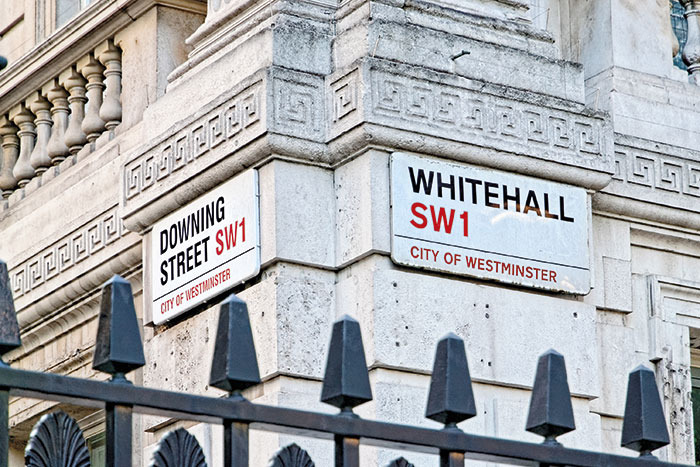
Image © Shutterstock
The Institute for Government said that unless the rising tide of acute demand is stemmed, it will become “increasingly difficult” to deliver high-performing public services while keeping taxation and government debt at sustainable levels.
There was clear evidence that investment in services such as public health, youth work, and Sure Start children’s centres delivered benefits both financially and in terms of improved lives, it said in a new paper published with UK Youth.
“But while governments have often claimed a desire to pursue preventative policies, they have frequently struggled to match lofty rhetoric and ambitions with a meaningful shift in approach in policy making,” it said.
The institute cited the trend in recent years for political attention – and funding – to be pulled towards acute services, with local authority spending on services such as children’s centres and youth clubs being cut by three quarters since 2009-10 while expenditure on looked after children and safeguarding rose by over a half.
Setting out a five-point plan for the incoming government, it said decision-making on public spending should be restructured to encourage the shift to prevention.
It called on the Treasury to publicly set out criteria for what constituted preventative spending and for departments to propose which service areas or programmes met that definition, with joint spending bids encouraged.
After deciding which bids met the definition, ring-fenced funding allocations would be allocated on that basis, under which spending could be shifted between different preventative programmes but not outside them.
A cross-government prevention strategy, including the final decision on which programmes should be included, would be published alongside the spending review, the institute said.
Local areas should also be supported to spend preventative budgets as they saw fit, with ringfencing reduced around small pots of money, but a broad ringfence put around areas of spending that could be used for preventative services.
Programme director Nick Davies, senior researcher Stuart Hoddinott and research assistant Darwin Kim, the report’s authors, said most of the recommended changes could, with committed leadership, be implemented fairly quickly.
“If done so shortly after the general election, the next government (whoever leads it) could start to reap the financial and political benefits of doing so before it next went to the country,” they said.
“But most importantly, and fundamentally, after a period in which unwanted records such as the size of NHS waiting lists have been broken time after time, the impact of these changes would be felt for decades – through the slowed growth in acute demand for services, and in the happier, healthier lives of millions.”











